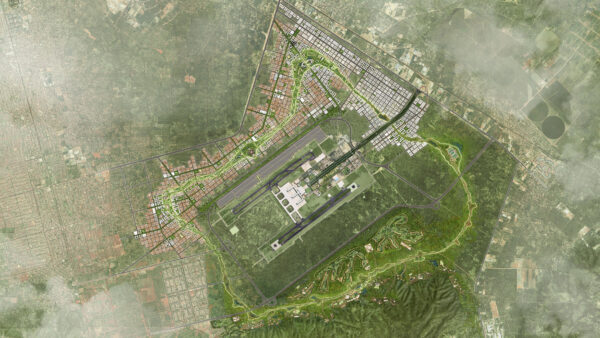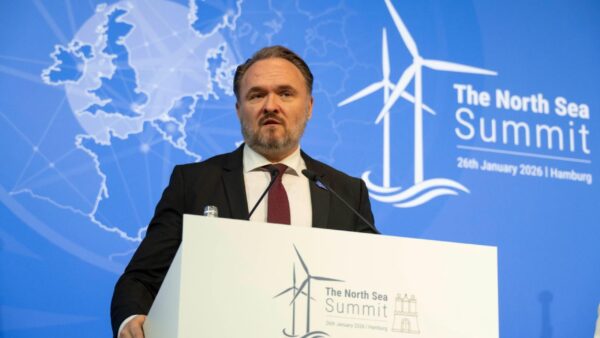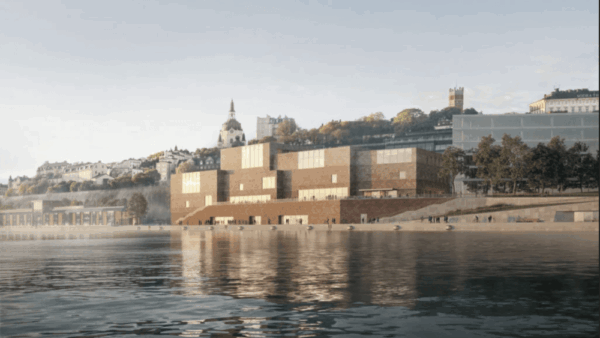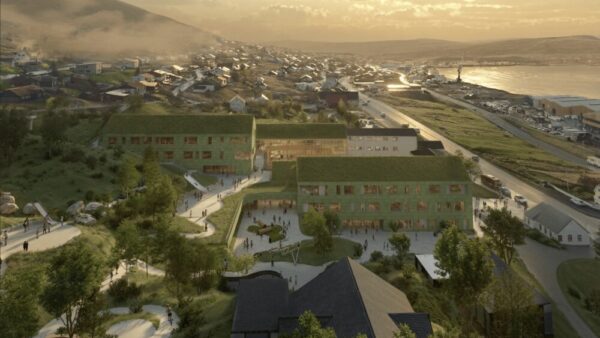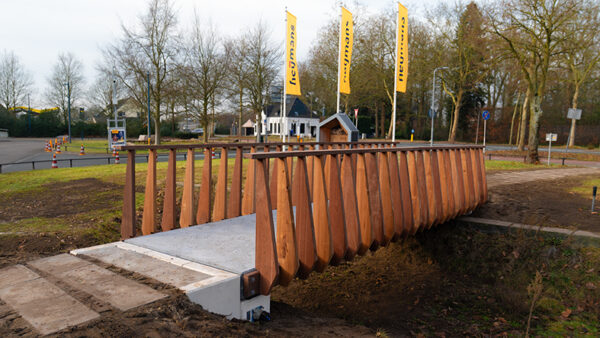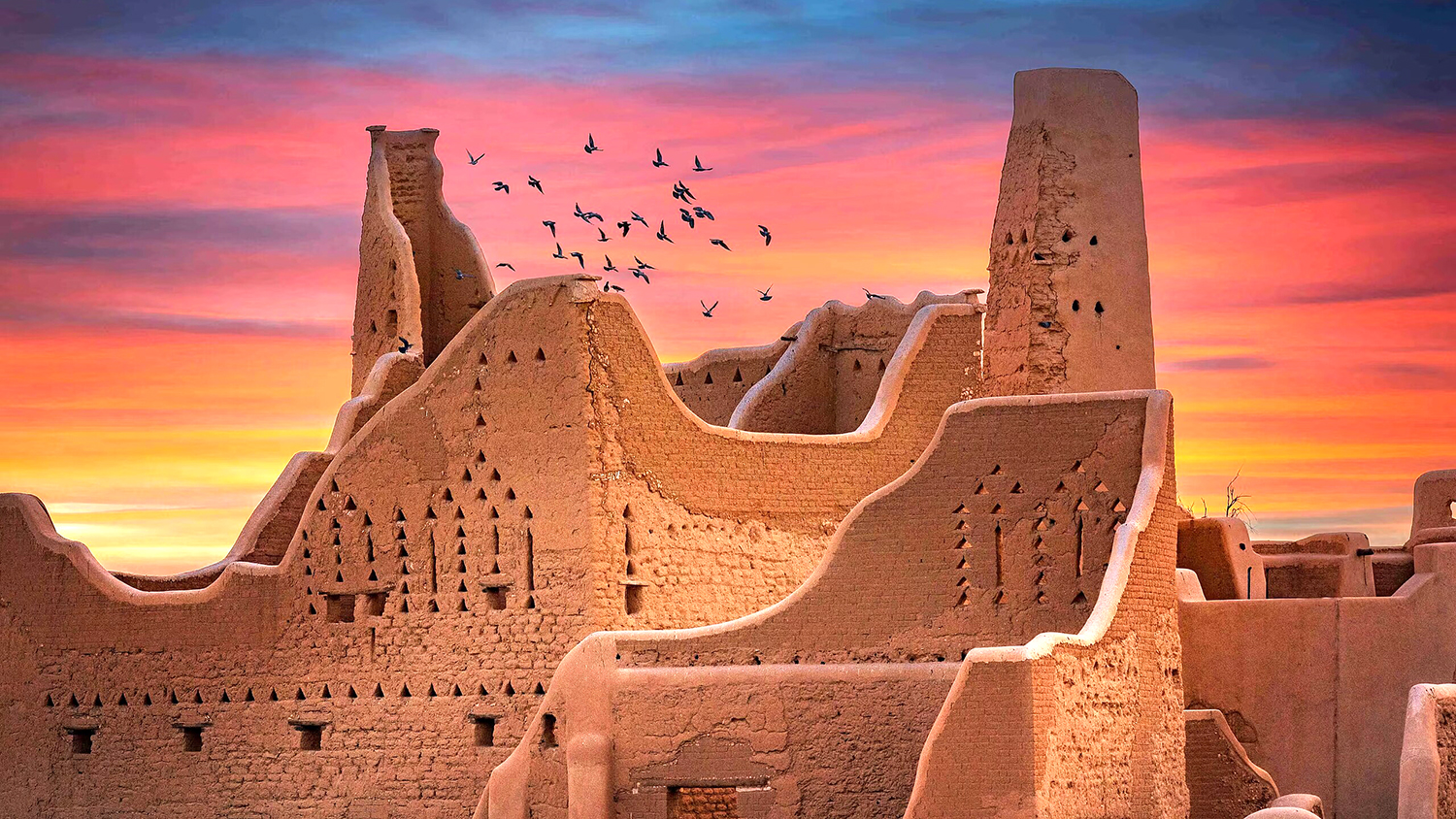
Saudi Arabia’s Diriyah Company has awarded Parsons Corporation a $56m five-year contract to lead design and construction supervision for the next phase of the Kingdom’s flagship heritage-meets-modernity megaproject.
The deal – announced by US-based Parsons and backed by the Saudi sovereign wealth fund (the Public Investment Fund) – covers the design and delivery of iconic parks, open spaces, and more than 55km of streetscapes. It also includes streets, footpaths, civic buildings and other public-realm assets across Diriyah’s expanding urban landscape.
Diriyah is one of Saudi Arabia’s most historically significant sites and a major centrepiece of the Kingdom’s modern development plans. It is also where the first Saudi state was founded in the 18th century, and is often referred to as the “birthplace of the Kingdom”.
Calling the project “an honour”, Parsons Infrastructure EMEA president, Pierre Santoni, said the firm would blend advanced urban-planning technology with 300-year-old Najdi architectural traditions to help shape the mixed-use cultural destination.
$63.2bn transformation
Parsons has worked in Saudi Arabia for nearly seven decades and currently has more than 50 active projects across the Kingdom.
Diriyah – home to the UNESCO-listed At-Turaif district – is undergoing a massive $63.2bn transformation to become a fully walkable urban hub just minutes from Riyadh. The first phase alone is designed to host 100,000 residents and attract up to 50 million annual visits.
Diriyah Company group CEO Jerry Inzerillo praised Parsons as a “world-class” partner helping accelerate the gigaproject’s next stage as part of the Kingdom’s broader Vision 2030 development strategy.
Vision 2030 is a sweeping national transformation plan aimed at diversifying the Kingdom’s economy beyond oil, improving quality of life for residents, and positioning the country as a global hub for tourism, culture, innovation and investment.
Key pillars of Vision 2030 include developing world-class destinations, attracting international talent, growing non-oil industries, and preserving cultural heritage – goals reflected in megaprojects such as Diriyah, Neom and others backed by the PIF.

